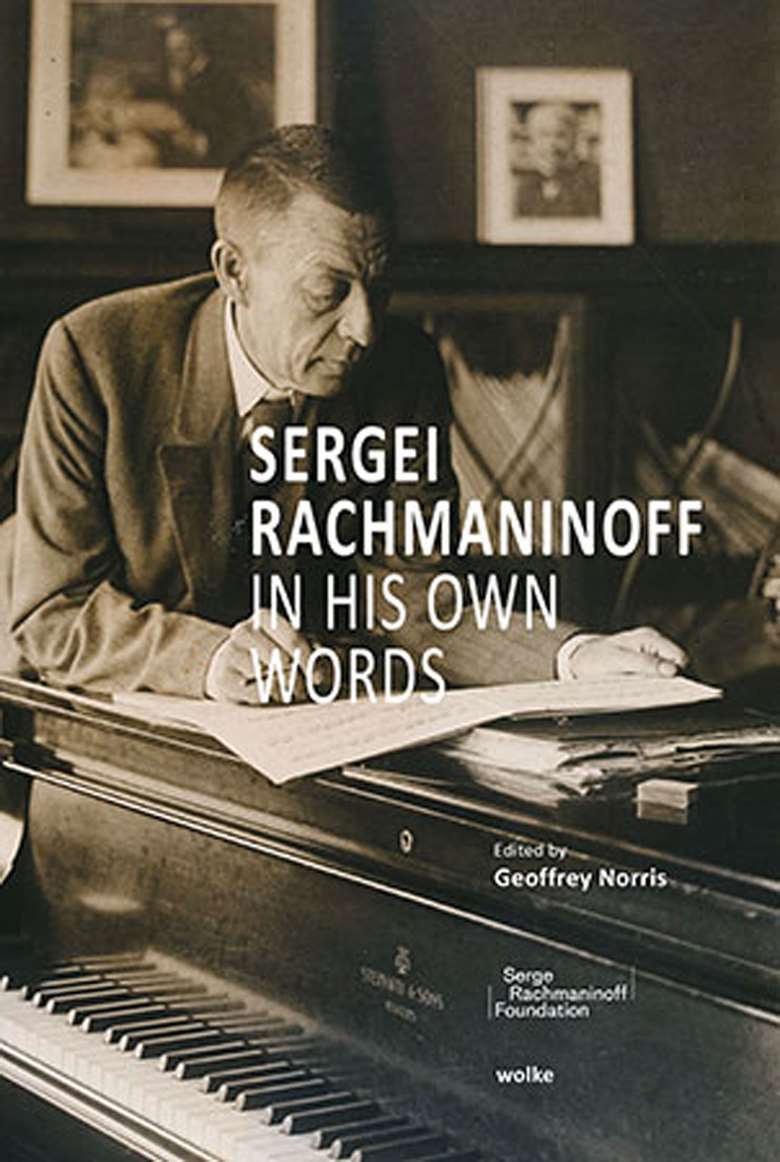Review - Sergei Rachmaninoff: In His Own Words (Edited by Geoffrey Norris)
Jeremy Nicholas
Friday, January 3, 2025
‘This is an altogether absorbing volume, as valuable and enlightening as it is original and unexpected’

Register now to continue reading
Thanks for exploring the Gramophone website. Sign up for a free account today to enjoy the following benefits:
- Free access to 3 subscriber-only articles per month
- Unlimited access to our news, podcasts and awards pages
- Free weekly email newsletter










